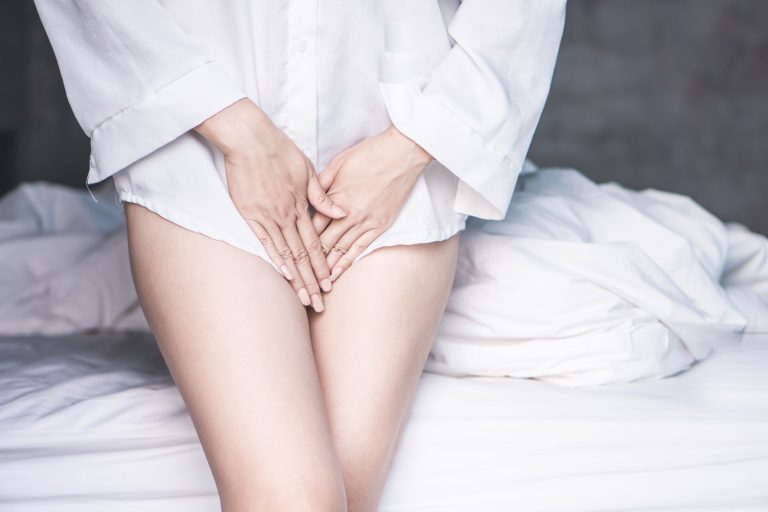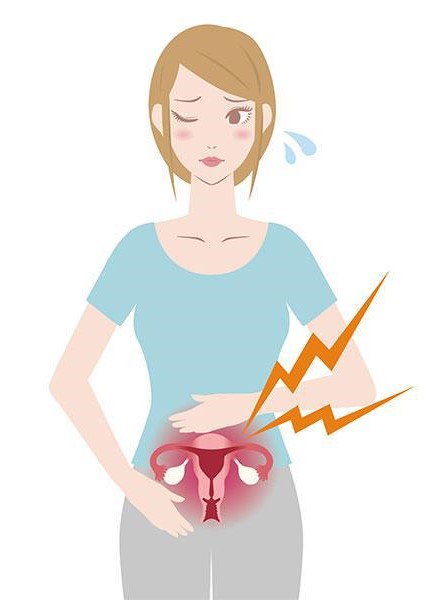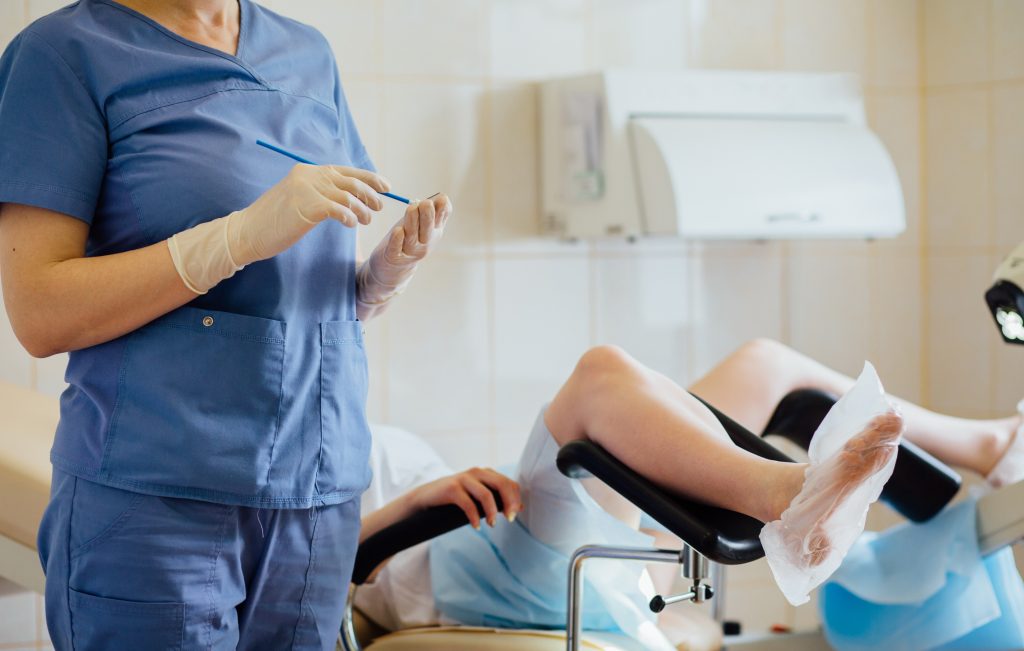Pap Smear

What is Pap smear?
A Pap smear is a procedure to test for cervical cancer in women. The test involves collecting cells from your cervix – the lower, narrow end of your uterus that’s at the top of your vagina.
What does a Pap smear test for?
Early detection is crucial for any kind of illness, including cervical cancer. A pap smear would allow the doctor to detect any abnormalities early and give you a higher chance of cure. Noticing these abnormal cells is your first step in halting the possibility of developing cervical cancer.
What is cervical cancer?
Cervical cancer is a cancer that forms in the cervix, the organ connecting the uterus and vagina. HPV infection is the most common cause of cervical cancer.
At what age and how often should you do a Pap smear?
It is recommended that you get a pap smear every 3 years, starting from age 25. If you are at higher risk of cancer, discuss with your doctor when would be a good time to begin cervical cancer screening.
Women aged 30 and older can consider Pap testing every five years if the procedure is combined with testing for HPV, or HPV testing instead of the Pap smear.
If you have certain risk factors, your doctor may recommend more-frequent Pap smears, regardless of your age. These risk factors include:
- A diagnosis of cervical cancer or a Pap smear that showed precancerous cells
- Exposure to diethylstilbestrol (DES) before birth
- HIV infection
- Weakened immune system due to organ transplant, chemotherapy or chronic corticosteroid use
- A history of smoking

How can you prepare for your Pap smear?
If you are still menstruating, you should have your Pap smear two weeks after your monthly cycle begins, or up to a week before your next menstrual period begins. If you are in menopause, you can undergo a Pap smear at any time.
The following activities should be avoided 48 hours before your Pap smear:
- Having a tub bath
- Swimming
- Sex
Avoid using the following products for 2 to 3 days before your Pap smear:
- Lubricants
- Spermicides
- Vaginal creams and medications
- Tampons
- Douches
These activities and products may obscure or wash away any abnormal cells. Hence, you should avoid these activities and products to ensure adequate cell sample collection. Other factors that may influence Pap smear results include cervix or vaginal infection and the use of certain medications. If you are consuming any medication currently, please speak to your doctor beforehand.








